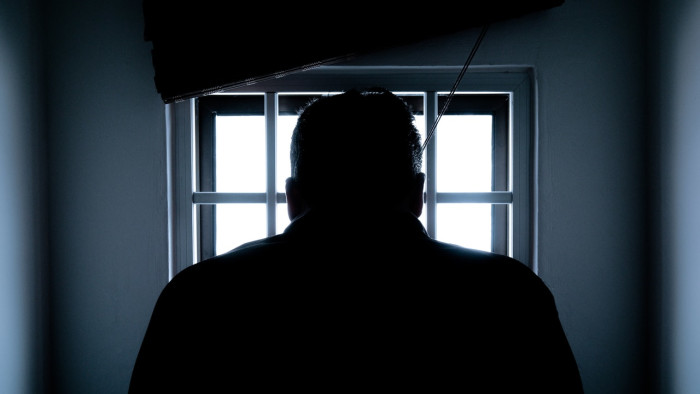
The New York Times reported on the case of Iwao Hakamada, the world’s longest-standing death row prisoner, who was released after 48 years in a Japanese prison.
Mr. Hakamada was sentenced to death in 1966 for the murder of the manager of the company where he worked. Following a severe interrogation in which he was beaten and deprived of sleep, Mr. Hakamada admitted his guilt – a confession he later retracted in court.
When Mr. Hakamada’s defence team succeeded in persuading the court to conduct DNA testing on vital evidence, it became clear that he was telling the truth. The judge has since freed Mr. Hakamada – now 78 years old – suggesting that the prosecution had fabricated the evidence.
Japan’s use of the death penalty has drawn criticism from human rights organisations all over the world. Less well known, however, is Japan’s extremely high conviction rate – over 98% – and the percentage of these which rely on individual confessions.
Last year, the BBC World Service broadcast an interview with Shoji Sakurai, who spent 29 years in jail after confessing to a murder he was later found to have not committed.
The interview provides a compelling insight into police interrogation techniques in Japan, and the serious lack of respect for the presumption of innocence.
“Once the Japanese police suspect you, they treat you as if you are guilty,” says Mr. Sakurai. He describes how he was interrogated over 5 days and nights and repeatedly asked to confess. “After being grilled physically and mentally, I gave up and confessed.”
The World Service programme also explores the extremely high level of trust placed in the Japanese police – and the potential stigmatisation faced by those who question them. Mr. Sakurai’s wife explained how she faced isolation from her family for maintaining that the police had made a mistake in her husband’s case.
“The fundamental principle behind any effective justice system is that every person should be innocent unless and until proven guilty,” says Jago Russell, Fair Trials’ Chief Executive. “The responsibility to rebut the presumption falls on the state itself and no person should be compelled to confess their guilt in this way.”
“Criminalisation is the state’s most severe sanction, and any just and fair society should do all it can to ensure that people like Iwao Hakamada and Shoji Sakurai are not robbed of their liberty without extremely strong justification.”


